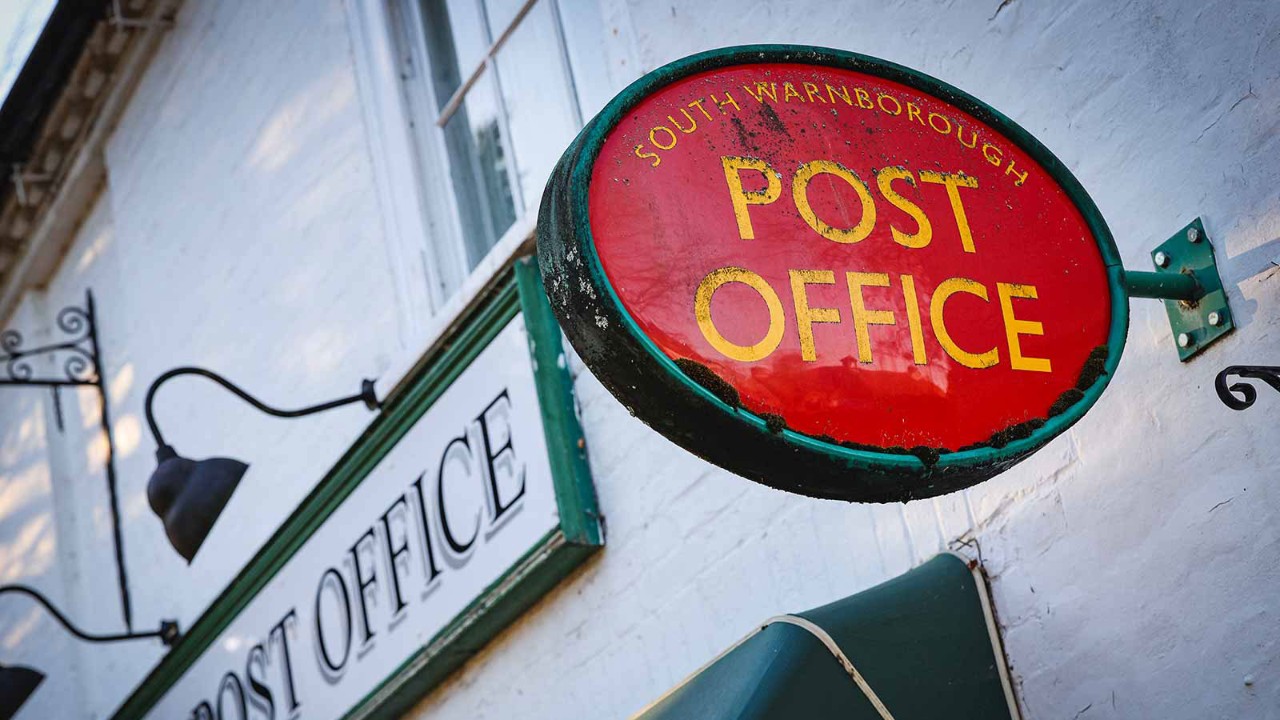
Sometimes there are moments that crystallise a complicated issue with utmost clarity. In the ITV drama series Mr Bates vs The Post Office, viewers saw the actress Monica Dolan playing postmistress Jo Hamilton struggling to understand why the IT system was spitting out inaccurate numbers from her post office business. As she complained and was told the problem was being fixed, it just got worse. The wrong numbers in front of her eyes doubled, again and again.
That one scene encapsulated a national scandal that many had not known of or understood. The resulting furore has finally provided an impetus to remedy the wrongs that were done to so many whose lives were ruined.
Tarnished brand
The problems of the UK Post Office’s Horizon IT system originated almost 30 years ago, but the fallout and the ongoing attempts to deal with the issues remain very much current for the business. Its reputation lies in tatters and it is a byword for the worst type of corporate culture – one that tries to sweep all problems under the carpet.
The standard playbook in any reputational crisis is to deny, delay and obfuscate
However, I would be very surprised if any other company would have handled a similar scandal differently, or deviated from the standard playbook in any reputational crisis, which is to deny, delay and obfuscate in the hope that the problem goes away.
What particularly jars here is that so many organisations have spent years burnishing their credentials for investing in environmental, social and corporate governance (ESG). A good portion of any company’s website or annual report now contains plenty of content given over to ESG, yet many seem very reluctant to put it into practice.
Many have rushed to embrace the appearance of believing in ESG
While there are binding commitments and metrics that can measure the environmental aspect of ESG, that is not so much the case when it comes to social and governance, which can at times be nebulous concepts. How do companies put social and governance to the fore, when to do so would put their image, reputation, business model and potentially the very jobs of senior leaders at risk?
All talk, no action
That’s the conflict for businesses. It is one not helped by the fact that so many have rushed to embrace the appearance of believing in ESG rather than actually embracing it.
All too often, ‘acting in the best interest’ is about acting in the best interest of the company, with the focus on keeping the problem quiet or ensuring the organisation faces no culpability or liability. Out goes the wider responsibility of doing best by others, and in comes corporate survival.
Even the hardest difficulties need to be tackled head-on and honestly
It’s easy to see why the ESG agenda has been met with cynicism in some quarters recently. Does ESG represent a genuine change in how companies approach their wider responsibilities or is it just a PR opportunity?
The real lesson to be learned from the whole sorry Post Office tale is that even the hardest difficulties need to be tackled head-on and honestly. Companies and individuals can get it badly wrong and struggle to respond even when confronted with their wrongdoing. While that may have been acceptable many years ago, it is not now. You can’t play the ESG card only when it suits you.




